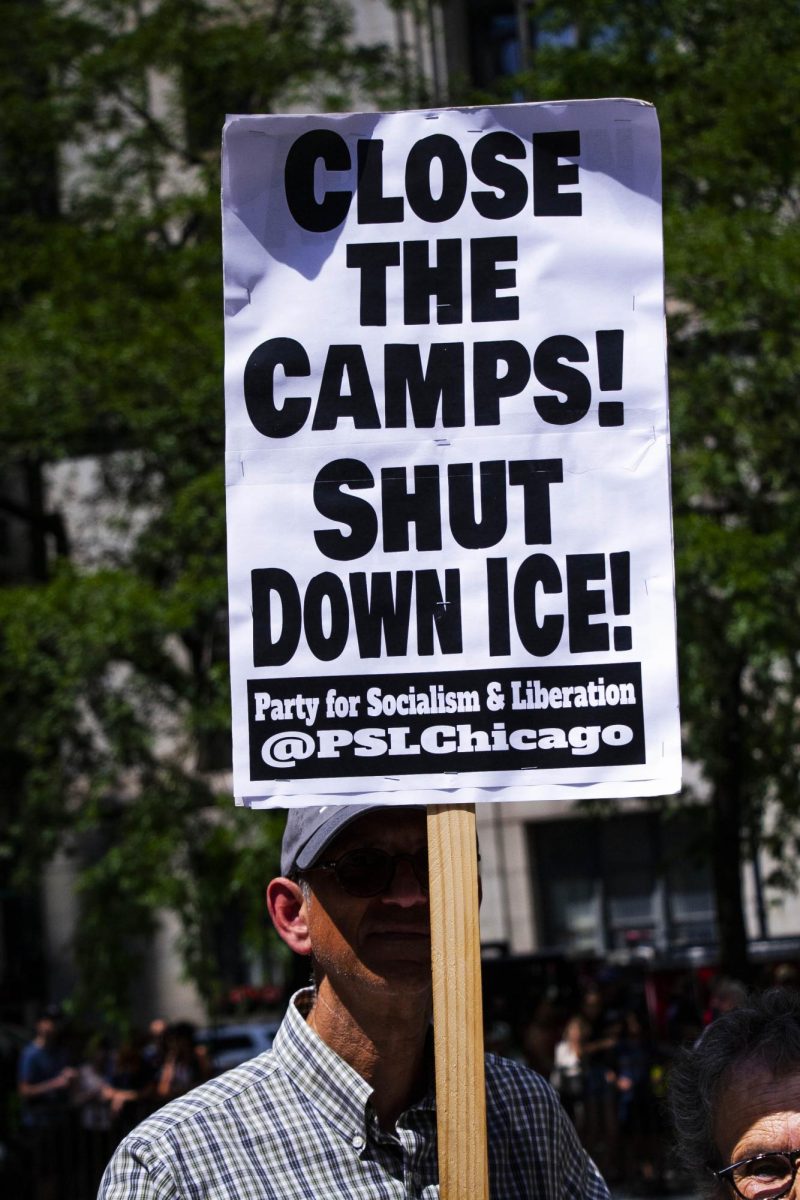The 2024 presidential election has entered its final stage with Election Day this Tuesday, Nov. 5. Tensions are high as candidates face off in tight races across several battleground states.
All eyes are on these key states: Wisconsin, Nevada, Michigan, North Carolina, Pennsylvania, Georgia and Arizona. Voters are watching polls closely, understanding that the outcomes in these areas may ultimately shape the direction of the country.
This election cycle hasn’t lacked the use of strong-worded advertisements and intense debates seeking to rally their supporters and shift undecided voters in their direction.
The rise of social media and digital platforms has amplified campaigns, with messages spreading more quickly than ever.
While these efforts are largely aimed at engaging voters, they also deepen the divisions between parties and contribute to an already tense political environment.
On top of this political climate various forms of election tampering, such as voter intimidation, disinformation campaigns and even ballot tampering, have emerged again. Ballot tampering has made headlines, troubling reports surfacing from Oregon and Washington. In a particularly concerning incident, an unknown suspect planted incendiary devices in ballot drop boxes, resulting in damage to hundreds of ballots.
This incident has raised concerns among election officials and the general public. The suspect’s motives remain unclear, as initial clues indicate possible political motivations or attempts to obscure identity. One of the devices had the message “Free Gaza” written on it. However, investigators continue regarding the meaning of these markings.
It remains uncertain whether the suspect supports these causes or if the messages were an intentional distraction to mislead authorities and the public from the true intentions of the crime.
Election officials in Oregon and Washington are swift in their response to the ballot tampering, working tirelessly to minimize the impact of the damaged ballots. All affected voters are being notified and officials are issuing replacement ballots to ensure that those whose ballots were compromised still have the opportunity to vote.
The incident of ballot tampering has sparked election security discussions, raising questions about the measures in place to prevent such incidents in other parts of the country. It also highlights the need for robust security for voting infrastructure, especially as election cycles grow increasingly contentious.
While ballot drop boxes have long been a convenient and secure option for voters, recent events have led to calls for additional safeguards, such as surveillance cameras, reinforced boxes or increased monitoring by law enforcement.
Voters are encouraged to check the status of their ballots via online tracking tools provided by the state. This ensures that individuals can verify that their votes have been received and counted accurately, and if any issues arise, they can promptly request a replacement ballot.
The process of ballot tracking has become an increasingly valuable tool for voters and election officials alike, allowing real-time monitoring of ballots as they are received and processed. In states such as Oregon and Washington, the ballot tracking system helps build transparency and trust in the voting process. As of now, the hope is that such tools and procedures can prevent significant disruptions and reassure the public amid heightened election anxieties.
The potential implications of such incidents are not lost on officials and voters in states where the race between Harris and Trump is close. Some wonder if similar efforts to disrupt voting could occur in other parts of the country, skewing results in key areas. These concerns emphasize the importance of transparent communication from election authorities, who must keep the public informed of security breaches or tampering incidents as well as clarify the steps taken to address them.
This election cycle has seen an extraordinary level of voter engagement and turnout, as individuals on all sides of the political spectrum seek to make their voices heard. Despite the challenges posed by attempts to interfere, the resilience of election staff, the implementation of security measures and the commitment of voters have collectively worked to uphold democracy.
Voters are increasingly vigilant, as demonstrated by their attention to tracking ballots and their willingness to reissue ballots when necessary. This vigilance reflects a deep-seated belief in the importance of each vote.






